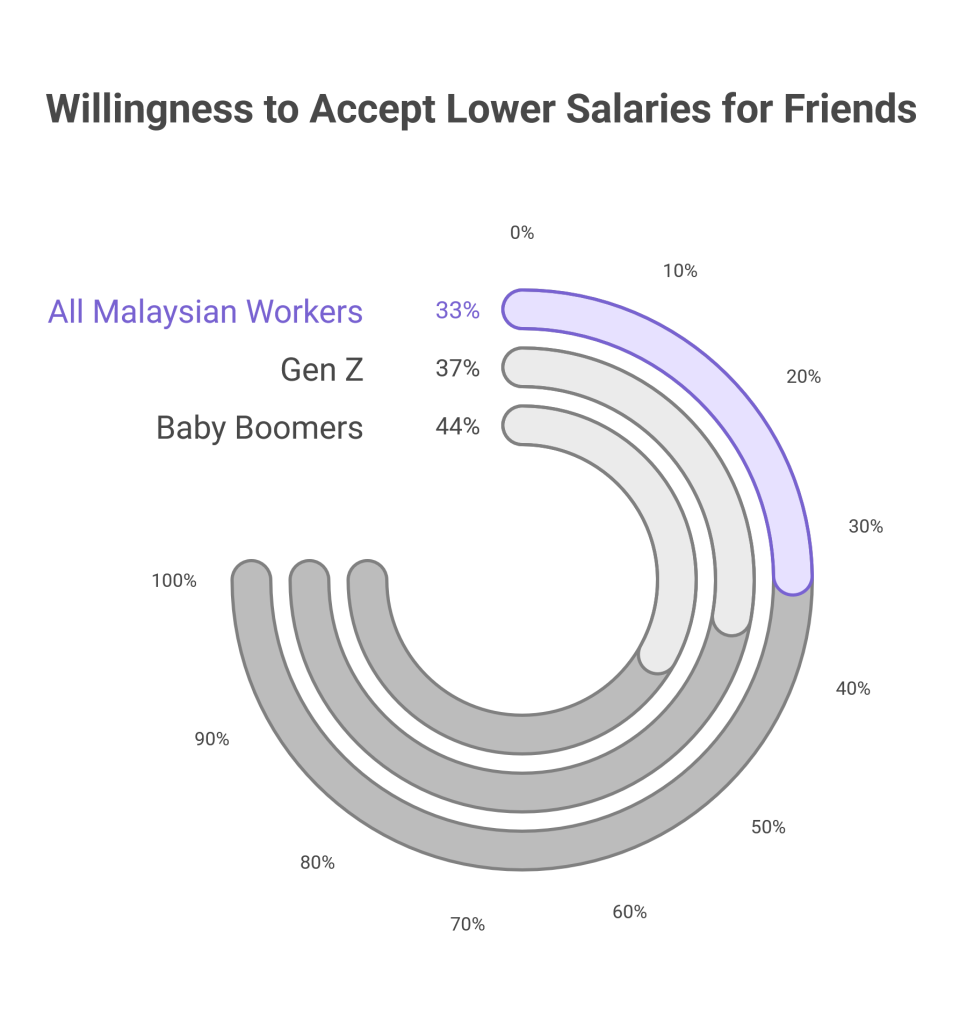A significant number of Malaysian employees are leaving their jobs. A staggering 59% have resigned due to toxic workplace environments. This marks the highest rate in the Asia Pacific region. Randstad’s latest 2025 Workmonitor report revealed these findings. The world’s largest talent agency released its report on April 15. It highlights shifting employee expectations. Work-life balance and workplace culture are now top priorities.
These findings stress a crucial point. Toxic work environments do more than just kill morale. They are a major driver of high employee turnover. Nearly half of Malaysian respondents, 48%, would reject a job offer from a company known for poor workplace culture. This sentiment is strongest among Gen Z (59%) and Gen X (50%).
People Leave Managers, Not Just Companies
Managers play a critical role in employee retention. Half of the respondents would consider resigning if they did not get along with their manager. Surprisingly, Baby Boomers (66%) were the most likely to leave due to bad leadership. Similarly, 61% of workers would quit if they felt a lack of belonging. Furthermore, 16% of employees cited the absence of genuine friendships at work as a reason for quitting. This reason was particularly strong among Gen Z (28%).
On a positive note, strong connections boost performance. 93% of respondents perform better when they feel a sense of community. Also, 91% said knowing their colleagues personally improves their performance.

Interestingly, one-third (33%) of Malaysian workers would even accept lower salaries for good friends at work. This willingness to trade pay for camaraderie is highest among Gen Z (37%) and Baby Boomers (44%).
Flexible Work: The New Mandate
In-person work helps build social connections. However, rigid return-to-office mandates risk backfiring. The survey found 43% of Malaysians would quit if forced to spend more time in the office. This number climbs to 47% among Gen Z and Millennials.
This reveals a critical disconnect. Physical presence fosters community, yet return-to-office policies must be flexible. They also need to be purpose-driven. Simply mandating attendance, without considering employee preferences, can erode engagement and morale.
Ultimately, the report reinforces a new reality. Employee experience is no longer just about compensation or job titles. Intangible factors now shape where Malaysians choose to work. These include trust, belonging, friendship, and flexible work. Employers must prioritize these elements to attract and retain top talent.


